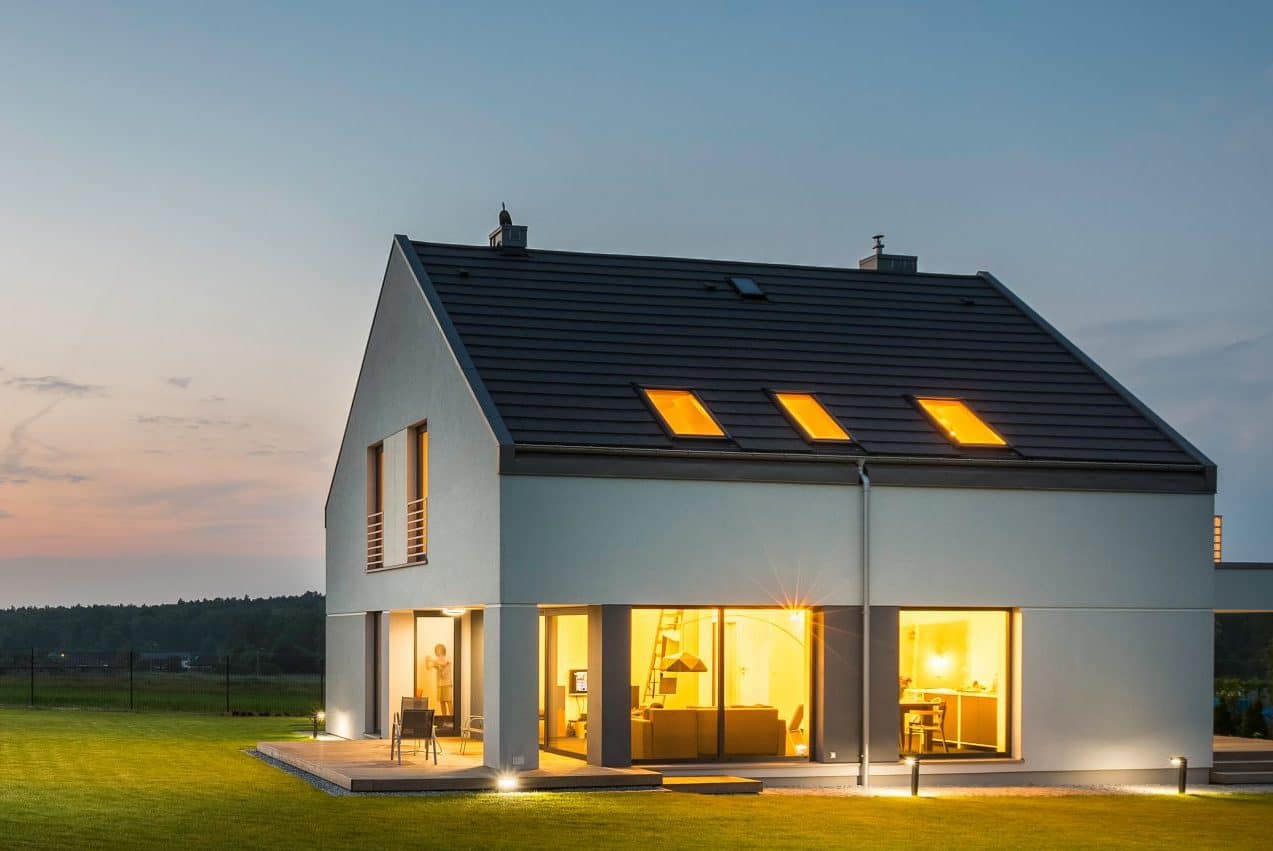Understanding the value of your house is important to know, not just to ease your curiosity, but for a variety of other financial purposes. For instance, if you’re aware of your home value you’ll be able to better establish an accurate listing price. But maybe you’re not exactly interested in selling your home? That’s completely fine! However, the benefits of knowing the market value of your home can prove critical for homeowners who find themselves in immediate need of a loan, interested in home renovations, and more!
While it’s clear the concrete benefits of knowing your home’s value outweigh that of not knowing, just what exactly impacts the value of your house? In this article, we’ll discuss various factors that can increase and decrease your home value, as well as why it’s important for homeowners to work towards increasing the value of their home.
Estimating The Value Of Your Home
Unlike a mortgage calculator, there isn’t exactly a quick way to estimating your home value. With that being said, if you were hoping for a quick valuation of your property value, you could most likely search up your address on MLS.com for an estimated valuation. However, while this may provide you with a rough estimate, it fails to account for a variety of factors that greatly impact your final appraisal, and ultimately, your financial awareness. Let’s examine some of these factors.

Global & Economic Conditions
Similar to the impacts of the COVID-19 pandemic, various global and economic conditions can greatly impact the housing market, and subsequently your home value. These conditions have massive impacts on the valuation of your home.
For instance, if the unemployment rate skyrockets in your city or neighbourhood, this would likely result in an increase of available houses — the supply of hoses would exceed the demand as people would not be able to afford a house. This would result in a sharp decline in your home value. Your awareness of such conditions is especially relevant if you are a homeowner seeking to leverage the value of your home for a mortgage or home equity loan.
The Location Of Your Neighbourhood
The location of your neighbourhood plays a pivotal role in determining the valuation of your property. For instance, if your neighbourhood offers quality amenities, such factors will likely have a positive impact on the value of your house. Quality amenities that can boost the value of your home may include:
- Being close to major transportation services
- Being close to highly-rated or reputable schools
- Being in a neighbourhood with a low crime rate
- Being in a highly developed or blossoming neighbour
Home Specific Factors
In addition to environmental factors (factors that are out of your control) that may impact the value of your home, there are a variety of value-defining factors, which are unique to your home, that you can in fact control. To help strengthen your home value, you may want to consider the impact these additional factors have on your home.
The Design Of Your Home
With the ever-growing home valuations of Vancouver homes, the interior and exterior design of your home are one of the factors you can control to help increase the valuation of your home. For instance, a newly renovated house will brand new appliances and amenities can likely increase your home value.
The Size Of Your Home
The layout of the size of your house greatly matters as well. The greater the size of your home, the greater its value on the market, as well as in the eyes of potential buyers. For instance, a home with multiple full-sized bedrooms or bathrooms will make your home much more attractive to prospective buyers.
Outdoor Space
With outdoor living trends rising in popularity, outdoor spaces have grown to become a key feature for those on the market for a new home. However, for other prospective buyers, outdoor spaces can equally be seen as a liability — especially if the large yard space is seen as a liability, instead of an asset. For example, a large backyard means year-round maintenance will be needed to keep the lawn in order.
The Age Of Your Home
Houses that are much older are typically in poorer conditions, which doesn’t exactly boost the value of a home. With that being said, this does not mean you need to knock down your house and rebuild an entirely new home! Simple renovations and the addition of new appliances can be a great alternative to emptying your wallet to construct a new house.
Why Is Your Home Value So Important?
High home valuations are important for homeowners looking to take advantage of a home equity loan! This is especially relevant for homeowners in need of capital to finance further home renovations, consolidate debt, fund a new business endeavour, or help put down a down payment for a second property.
A home equity loan enables homeowners to tap into the “home equity” (or value) their property has accumulated over the years — so the greater the value of your property, the greater the amount of capital you may be eligible for! Specialized lenders, such as Leap Financial, enable you to take advantage of your home value and get you the capital you need quickly, unlike lending solutions from big banks and their strict lending requirements.
For more information on how you can take advantage of the home equity in your house, be sure to check out our other articles! But if you’re ready to discover how much you would qualify for with a home equity loan, take the leap and fill out our cost-free zero-obligation form, today!



